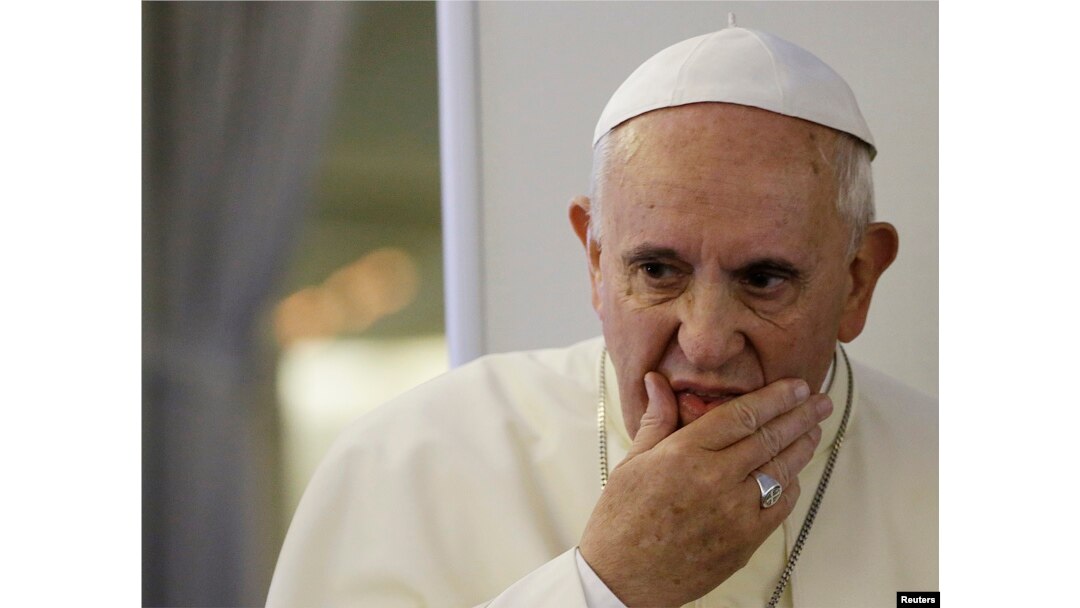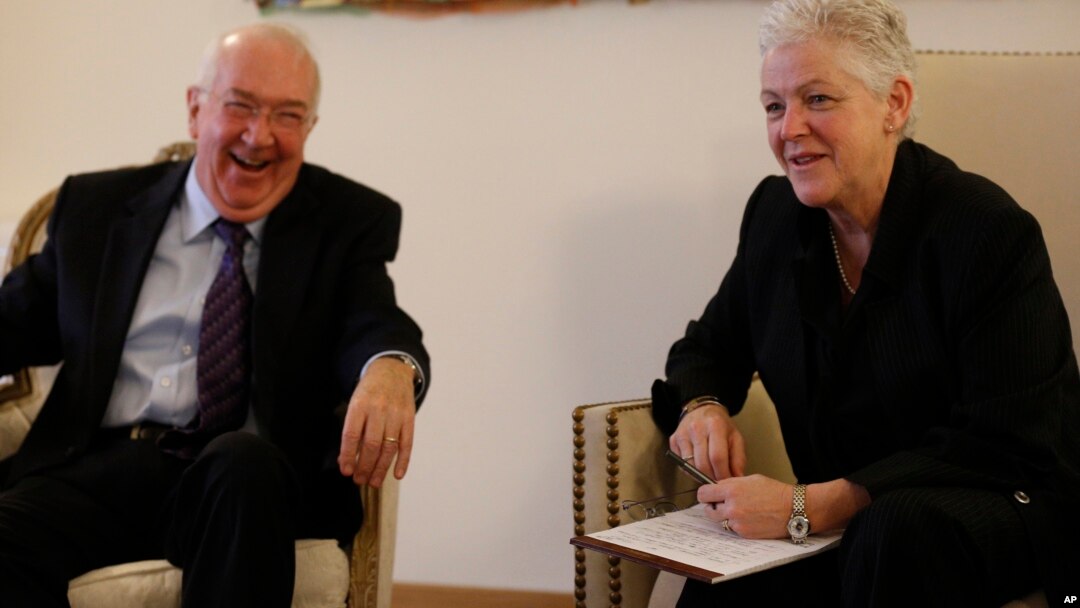The head of the U.S. Environmental Protection Agency said on Friday she hoped Pope Francis' upcoming message to his flock on the environment would help galvanize concern about climate change and convince skeptics that "the science is real."
EPA administrator Gina McCarthy, visiting the Vatican to discuss climate change, said U.S. President Barack Obama shared the pope's belief that it was a moral issue because its effects would be felt most by the poorest and weakest nations.

FILE - Pope Francis has said he believes humanity primarily is responsible for climate change.
"The pope knows his own beliefs and I want him to know that the president is aligned with him on these issues," McCarthy told reporters.
Pope Francis "is really a pastoral influence and ... there are issues that we can and should face together."
Francis has said he believes that humanity was primarily responsible for climate change, and that he hopes participants at a U.N. summit in Paris in November will take a courageous stand on a global pact to limit greenhouse gases..
His encyclical, the highest form of writing by the leader of the 1.2 billion-member Roman Catholic Church, is due in early summer.
Providing information, not influence
McCarthy said the United States was not trying to influence its contents but to "provide information." She expressed gratitude that Francis, scheduled to visit the United States in September, had publicized the issue of the environment and climate change.
"The most important thing is that we can ... recognize that the science is real and really start talking much more about what actions we can take that are in everybody's best interests," McCarthy said.
Emissions, other pollution weighed
The United States is the second largest emitter of greenhouse gases behind China. It has balked at any global pact that does not oblige major developing economies such as China and India to do more to cut their fossil fuel emissions.
The EPA is finalizing a set of regulations targeting carbon emissions and air pollution amid strong resistance from the Republican-led Congress and industry.
Last month in Peru, about 190 nations agreed on the building blocks of a global deal. Their representatives were warned that far tougher decisions would be needed in Paris to limit increases in global temperatures and the consequent rise in sea levels and increases in floods, desertification and heat waves.
Francis has faulted the Lima conference for not doing enough about climate change.


